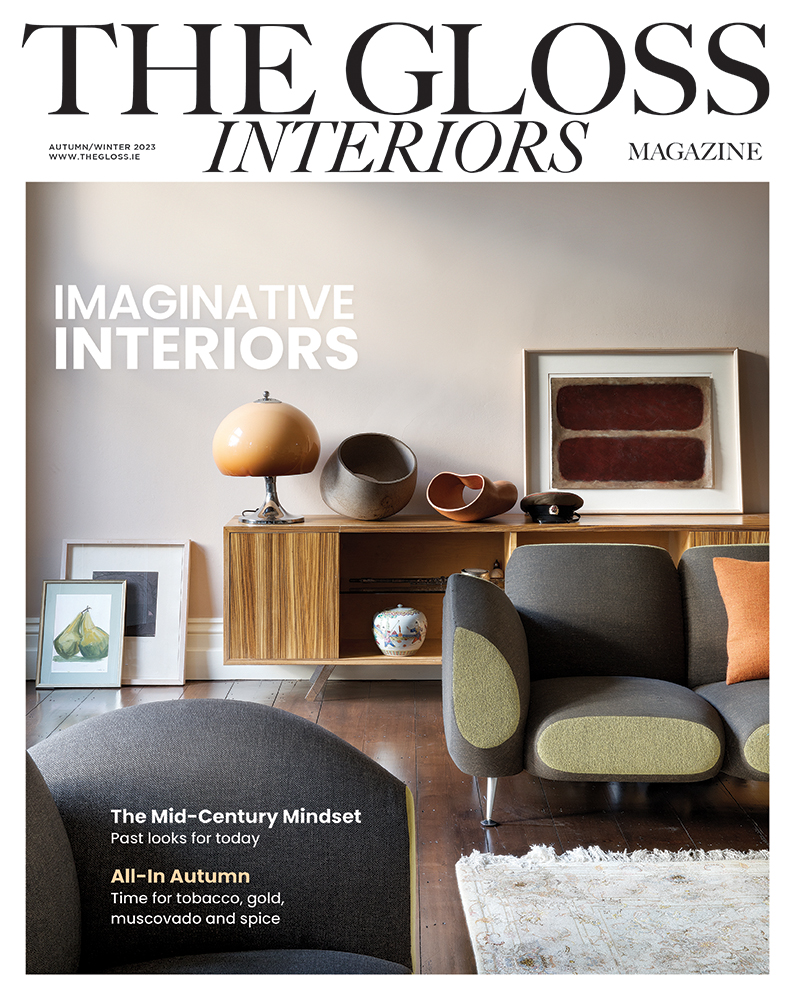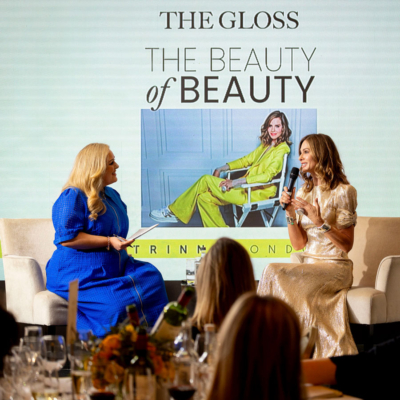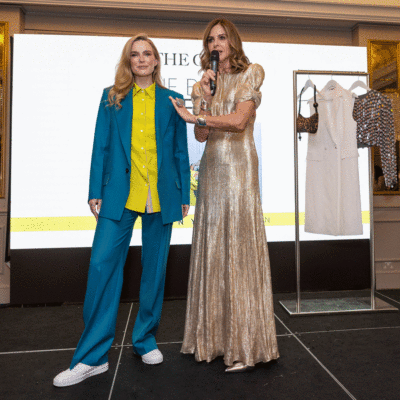Structural inequalities mean that for things to change, men may need to support women’s careers more actively than we need to support theirs. But how does that translate into reasonable expectations in a real marriage, asks Eimear Nolan …
During the first lockdown, while my daughter’s nursery was shut, I read an article in the Harvard Business Review titled ‘What’s really holding women back’. The article is by academics who study gender equality in the workplace, and it challenges the theory that “high-level jobs require extremely long hours, women’s devotion to family makes it impossible for them to put in those hours, and their careers suffer as a result”. That’s not necessarily borne out by the data, the authors find.
In fact, work cultures characterised by relentlessly long hours and over-promising to clients by senior leaders are increasingly unappealing to everyone over time, regardless of gender. (The authors studied professional services firms specifically). Women don’t necessarily want to stop working this way any more – or any less – than men do, but it’s far more expected and accepted that they will. There’s an off-ramp available to them (everything from remote working to reducing hours to a part-time position), and they’re often pushed or drawn towards it, with disproportionate consequences for their careers.
This sparked a question that had preoccupied me since my first maternity leave and has re-emerged somewhat during my second, even as I recognise the luxury of considering it: Is flexibility the ultimate privilege, the prize women fought for? Or is it a trap, like a sweet, slow-acting poison? As long as flexibility is still offered to, or availed of by women more than men, could a mutation of the patriarchy be mistaken for progress?
During the first lockdown, my husband and I divided each day so that one of us worked while the other looked after our daughter. The arrangement was technically equal, yet I found myself insecure and competitive about how much work we were each doing. Economists were predicting loudly at the time that the pandemic would disproportionately impact women’s careers. It can be hard to differentiate macro trends from your own micro life, especially when you’re exhausted. I remember feeling the need to be constantly on my guard so that we wouldn’t unwittingly slip into patterns that privileged his work. He was making every effort to ensure things were equal, but I was haunted by the suspicion that even a super-progressive partner can’t counteract the patriarchy, and equal isn’t enough to make it fair.
We were lucky in so many ways, including in having secure jobs and extremely supportive employers. But it was still hard, and I wonder now if I made it harder. I hated the idea that I was scorekeeping, but I resented the fact that he didn’t have to. When he logged on in the evening, sometimes I did too, purely to prove a point. When we were at university together, I was never tempted to stay at the library late just because he did, when I knew I was more productive in the morning. But the data was on my side then. Girls do better in school and university, while women fare worse in the workplace.
I was haunted by the suspicion that even a super-progressive partner can’t counteract the patriarchy, and equal isn’t enough to make it fair.
Structural inequalities mean that for things to change, men may need to support women’s careers more actively than we need to support theirs. But how does that translate into reasonable expectations in a real marriage?
As I prepare to go back to work after maternity leave, I’m lucky to be excited to return to my job. But I speak to lots of women who, after having a second child, feel it’s the right time to explore a new career path. I’m almost unreservedly excited for them. In each individual case, a natural desire to design a lifestyle that suits their family seems to have coincided with a realisation that they want to spend their time differently, or that they’ve reached the point at which that’s viable. None appear to be making sacrifices they may regret later, when things are less frenzied and hands-on at home. They all seem empowered, excited to leave the corporate world for something more entrepreneurial or creative – and, yes, more flexible.
It remains to be seen whether more women than men will embrace the increased flexibility that’s emerged from the pandemic over the long term. According to the UK’s Resolution Foundation, in June 2021 fewer women than men said they wanted to return to the office full-time, with possible consequences for their careers. At the same time, anecdotal evidence suggests that men as well as women want to avoid a return to the way things were, where hours were spent travelling or commuting that could have been spent with family.
Looking at notes scribbled in desperation during the first lockdown, I find the following sentiment recur: “I don’t want to be lured into relinquishing my grip on my career while thinking I’m ‘making it work for me.’ I’m not against making compromises, but I don’t like the idea that they could be masquerading as choices.” This sounds joyless and oppressive to me now, and I hope I won’t trap myself into old ways of working out of a misguided sense that to work any differently than I did before children or the pandemic would be some kind of concession. I feel mercifully free of that edginess now, but who knows? It’s much easier to be reasonable when the nursery is open.
LOVETHEGLOSS.IE?
Sign up to our MAILING LIST now for a roundup of the latest fashion, beauty, interiors and entertaining news from THE GLOSS MAGAZINE’s daily dispatches.









